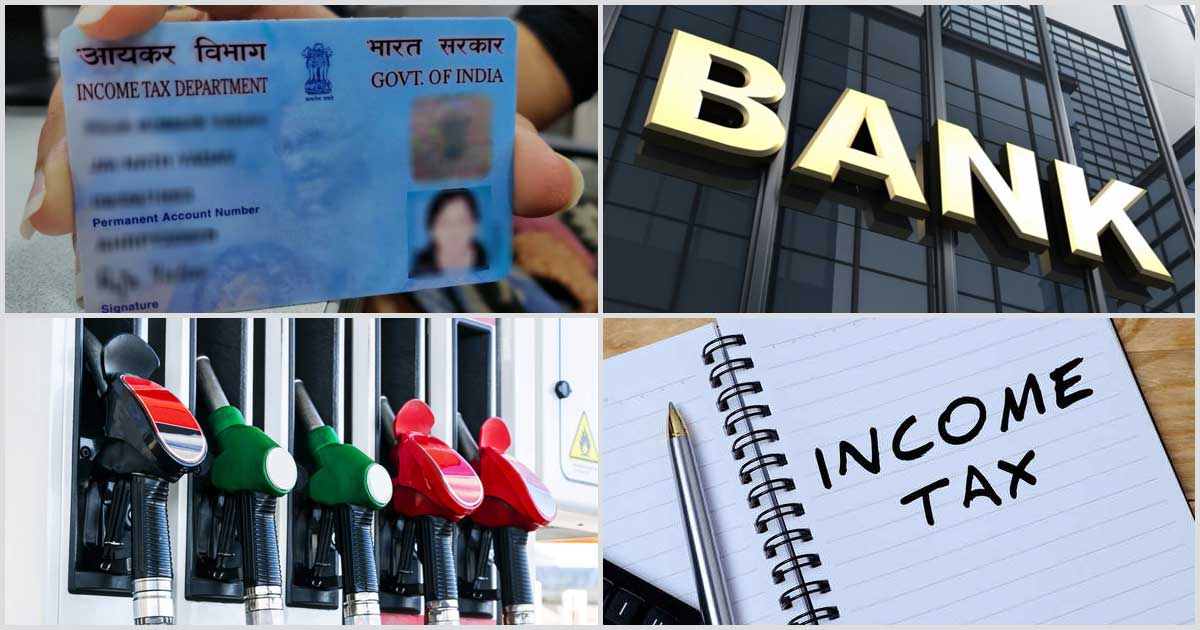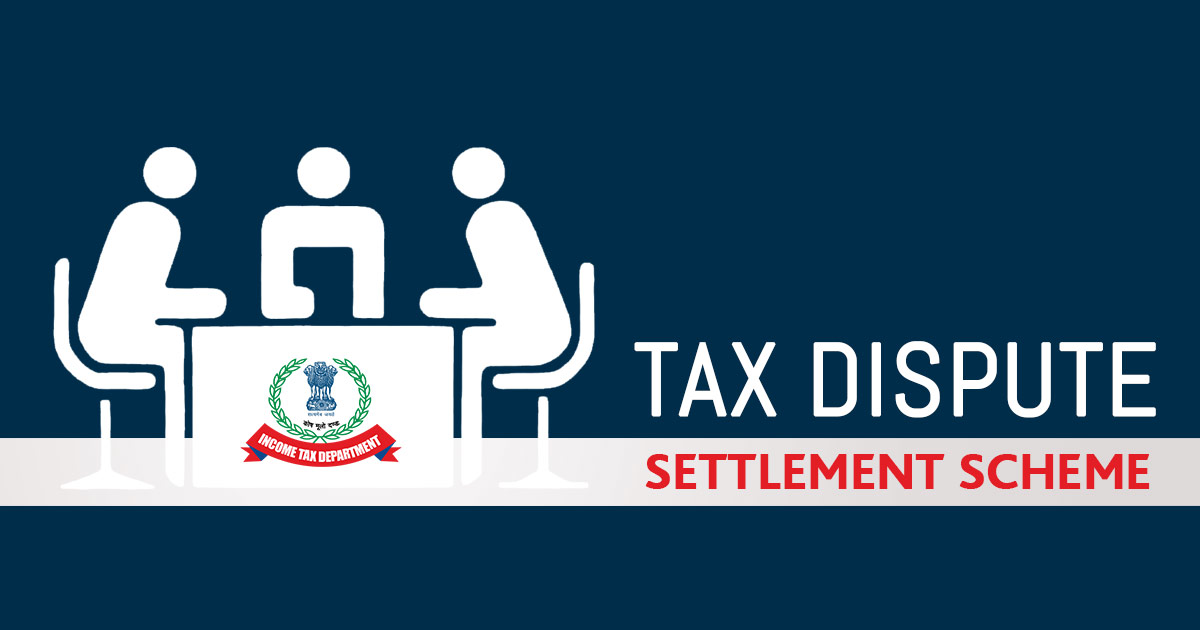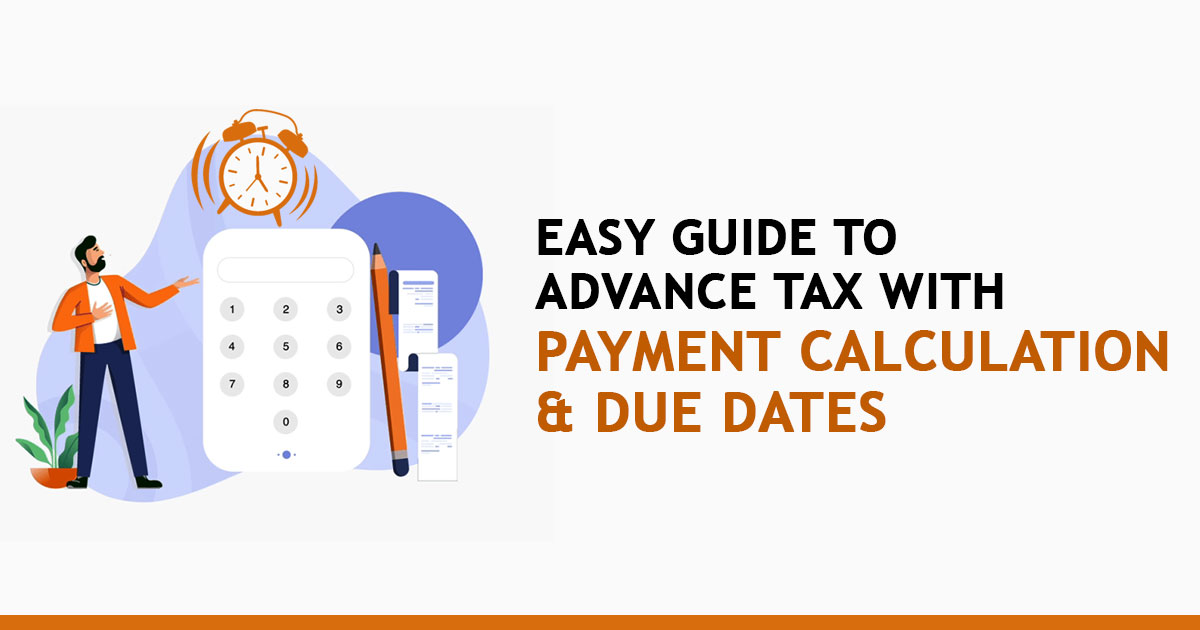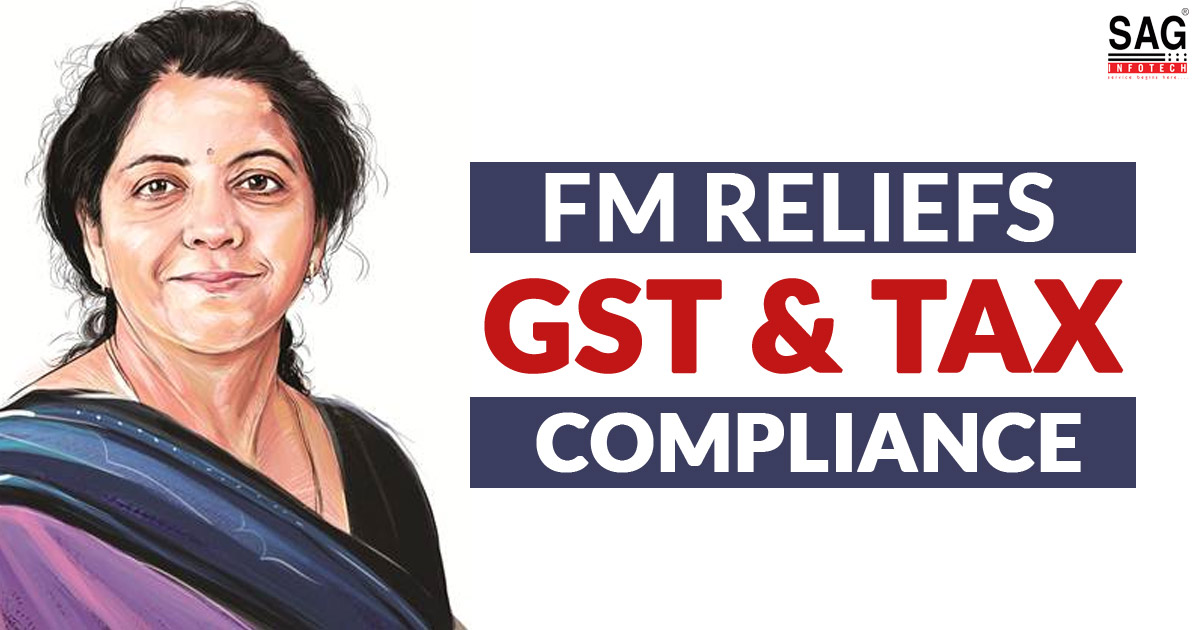
The whole country is trying to fight the outbreak of COVID-91 in its own way. The government is also taking the necessary decisions to control the further spread of coronavirus. Lockdown is imposed by the government for the same. The whole country will be locked down till 14th April, 2020, but some changes will be implemented on the economic system from 1st April, 2020. The following decisions are to be implemented by the government:
Income Tax Department
The payment and return filing deadlines are extended by the government for a period of three months but for the amount yet to be received, the Income Tax Department has asked the officials to contact the large taxpayers to remind them about the payments. Field formations were instructed to do so by the Commissioner of Income Tax (Coordination & Systems), Central Board of Direct Tax (CBDT), Mr. Rakesh Gupta.
“While the ITBA (Income Tax Business Application) platform is not available to the officers for discharging statutory functions, it is still possible to follow up the pending collection matters by contacting large taxpayers telephonically/electronically,” Gupta wrote.
The joint body of Income Tax Employees Federation & Income Tax Gazetted Officers’ Association in the letter expressed surprise at the direction “to pressurize the assessees/defaulters to pay taxes when the Finance Minister has recently announced various extensions of the statutory compliances including the extension of the last date for the (dispute resolution scheme) Vivad se Vishwas scheme 
The last date of filing returns Securities Transaction Tax (STT), Commodities Transaction Tax (CTT), Tax Deducted at Source (TDS), Tax Collected at Source (TCS), Advance Tax, Regular Tax, Self-assessment Tax, Equalisation Levy arising for the time period of 20th March, 2020 and 29th June, 2020 will be extended to 30th June, 2020.
She also said that the interest rate for delayed payments under Securities Transaction Tax (STT), Commodities Transaction Tax (CTT), Tax Deducted at Source (TDS), Tax Collected at Source (TCS), Advance Tax 
New tax slabs will also be introduced for 1st April 2020. The taxpayers will be given the freedom to choose between the old and new schemes. Taxpayers opting new scheme will have to give up all the exemptions given under the old scheme.
Banking
The banks will be working throughout the period of lockdown, but the government has decided to merge 10 nationalised banks into four bigger banks. The bank accounts and Indian Financial System Code (IFSC) will also be changed and the same will be informed to the account holders by the bank.
Read Also: FM Reliefs GST & Tax Compliance Over COVID-19 Pandemic 
PAN Card
The tax to be imposed for travelling abroad will be levied twice on those who do not have Permanent Account Number (PAN) making the abroad travels even more costly.
EPS Pension
The officers retiring after 26th September 2018 will be receiving more EPS Pension as compared to the other pensioners.
Petrol and Diesel
From 1st April 2020, new BS6 petrol and diesel will be available for the people. The price of such petrol and diesel is not yet decided. Indian Oil Corporation has started distributing the fuel.
BS6 Vehicles
The government had decided to stop the registration of BS4 vehicles and start the sale of BS6 vehicles from 1st April 2020 but the decision was put on hold after the vehicle manufactures requested the government.
Mobile Internet
The telecom companies have asked the government to increase the rate of mobile internet. The companies have asked to increase the price of 1 GB data to Rs. 35. The government has not taken any decision yet in this regard.
Medical Instruments
The government has decided to treat the medical instruments as medicinal drugs from 1st April 2020. Under Section 3 of Drugs and Cosmetic Act, the medical instruments to be used on animals and humans will be considered as medicinal drugs.
Loans
The small and medium businessmen will be receiving the loans on the base of new policy form 1st April 2020. The loans will be provided according to the repo rate which will reduce the interest rates charged on such loans.